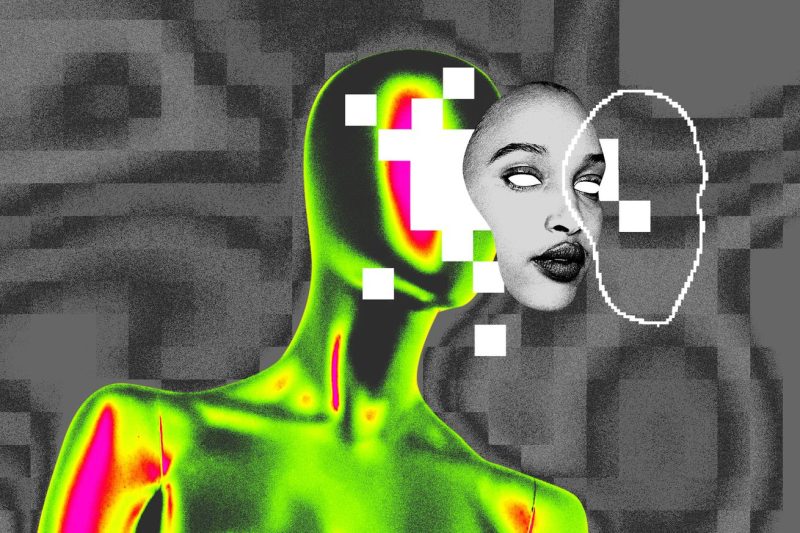AI-Powered Undressing Websites: Balancing Technology and Ethics
The emergence of AI technologies has brought about unprecedented advancements in various fields, transforming the way we interact with technology. One area where AI has made a significant impact is in the development of undressing websites. These websites, powered by AI algorithms, claim to digitally undress images of individuals, revealing what lies beneath their clothing. While these websites have garnered attention for their novelty and potential applications, they have also sparked controversy and ethical concerns, leading to legal action and lawsuits being filed against them.
On one hand, AI-powered undressing websites have been touted for their potential in various industries, such as fashion, entertainment, and virtual reality. By using advanced image recognition and manipulation algorithms, these websites offer a glimpse into how individuals may appear without clothing, allowing fashion designers and retailers to create virtual fitting rooms and personalized shopping experiences. Additionally, in the entertainment industry, these technologies have been explored for creating lifelike avatars and characters in movies and video games. The immersive experiences enabled by AI undressing websites have the potential to revolutionize the way we consume content and interact with digital environments.
However, the ethical implications of AI-powered undressing websites cannot be ignored. Privacy concerns, consent issues, and the potential for misuse of such technologies have raised red flags among privacy advocates and legal experts. The unauthorized manipulation and dissemination of images without the explicit consent of the individuals depicted raise serious questions about the boundaries of privacy and digital rights. Furthermore, the risk of deepfakes and other forms of image manipulation being used for malicious purposes, such as revenge porn or harassment, underscores the need for stringent regulations and safeguards to protect individuals from exploitation and harm.
In response to these concerns, legal actions have been taken against AI-powered undressing websites, with lawsuits being filed to address the ethical and legal implications of these technologies. Privacy laws, such as the General Data Protection Regulation (GDPR) in the European Union and the California Consumer Privacy Act (CCPA) in the United States, have provisions that govern the collection, usage, and sharing of personal data, including images and biometric information. These regulations aim to hold technology companies accountable for ensuring the privacy and security of individuals’ data and preventing unauthorized use of personal information.
As the debate over AI-powered undressing websites continues to unfold, a delicate balance must be struck between technological innovation and ethical considerations. While AI technologies have the potential to revolutionize various industries and enhance user experiences, they must be developed and deployed responsibly, with the utmost respect for privacy, consent, and ethical standards. By establishing clear guidelines, regulations, and enforcement mechanisms, we can harness the power of AI for positive advancements while safeguarding individuals’ rights and dignity in the digital age.

